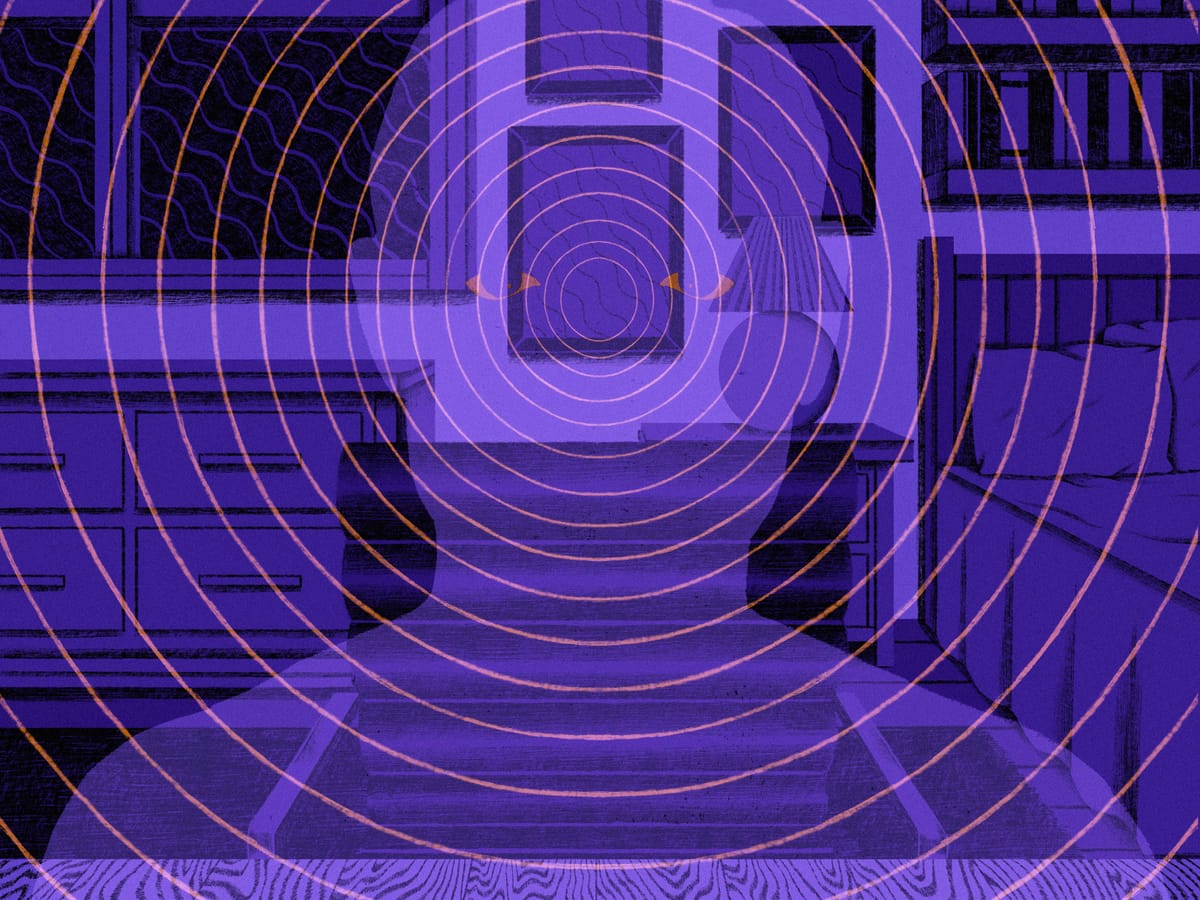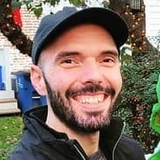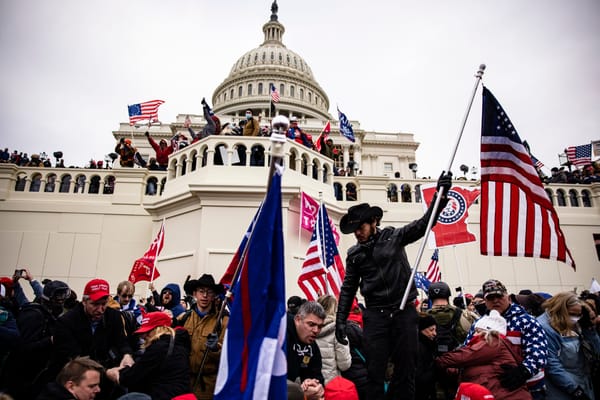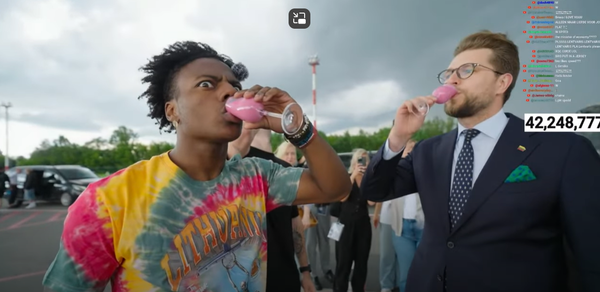The job-interview AI
“It’s pseudoscience. It’s a license to discriminate. And the people whose lives and opportunities are literally being shaped by these systems don’t have any chance to weigh in.”

Full story: A face-scanning algorithm increasingly decides whether you deserve the job
He studied guides on how to talk and act but found the hardest part was figuring out the camera angle: Too high, he worried, and he would look domineering; too low, and he would look shrunken and weak.
Before his marathon of AI interviews, he put on a crisp dress shirt, a tie and pajama pants and went to his dad’s soundproof music studio, away from the family’s chirping society finch. He also turned off his air conditioning system, hoping the background noise wouldn’t mess up his score.
He changed his answers slightly in each interview, in the hopes that the algorithm would find something it liked. But he found it exhausting and disheartening to boil down his life experience and worthiness into a computer-friendly sound bite.
By the end, his mouth was dry, he was covered in sweat and he was paranoid he hadn’t made enough eye contact while worrying about the bird. A few weeks after the interviews, he said, he’s still waiting to hear whether he got a job.
Update
The pandemic got employers even more interested at watching their workforce:
- April 2020: Managers turn to surveillance software, always-on webcams to ensure employees are (really) working from home.
- November 2021: Contract lawyers face a growing invasion of surveillance programs that monitor their work.
Thanks for reading. Let's talk: [email protected].




